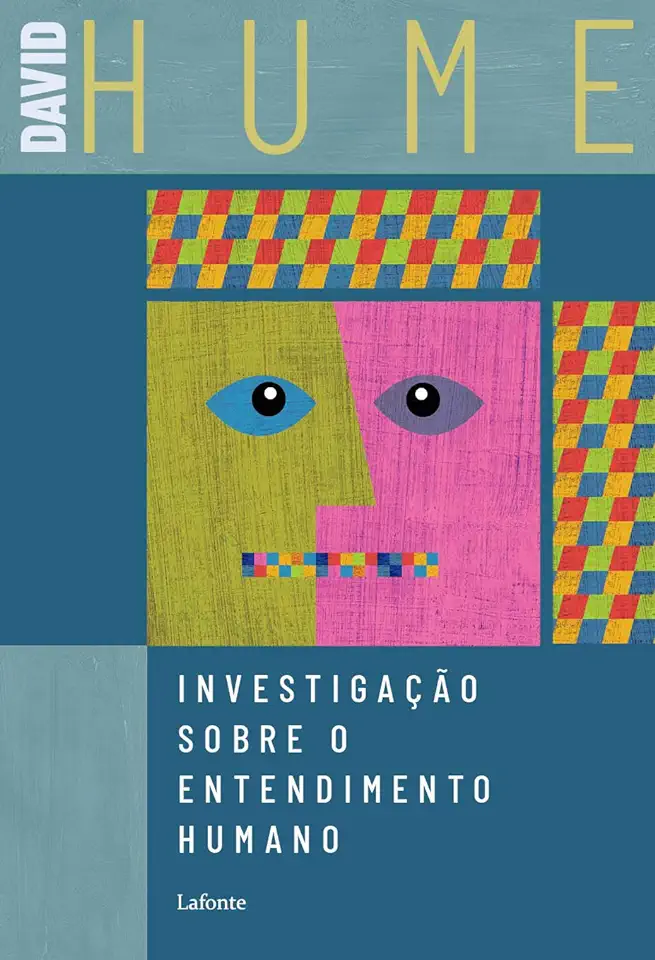
An Enquiry Concerning Human Understanding - David Hume
An Enquiry Concerning Human Understanding: A Journey into the Depths of Human Knowledge
David Hume's seminal work, "An Enquiry Concerning Human Understanding," embarks on a profound exploration of the nature of human knowledge, delving into the very foundations of our understanding of the world around us. With his characteristic clarity and precision, Hume challenges conventional notions of knowledge and offers a groundbreaking account of how we perceive, interpret, and reason about our experiences.
Unraveling the Mysteries of Perception
Hume begins his enquiry by examining the process of perception, the gateway through which all knowledge enters our minds. He argues that all our knowledge is derived from impressions, the vivid and immediate sensations that arise from our interactions with the world. These impressions, whether they be visual, auditory, tactile, or otherwise, form the building blocks of our understanding.
The Role of Ideas
Hume then turns his attention to ideas, the mental representations of our impressions. He posits that ideas are nothing more than faint copies of impressions, lacking the vivacity and immediacy of their sensory counterparts. Ideas, therefore, are secondary to impressions and play a subordinate role in our cognitive processes.
The Association of Ideas
One of the central themes of Hume's enquiry is the association of ideas. He argues that our minds naturally associate ideas based on various principles, such as resemblance, contiguity, and cause and effect. These associations, which are governed by the laws of habit and custom, shape our understanding of the world and influence our beliefs and judgments.
The Limits of Human Knowledge
Hume's analysis of human understanding leads him to question the extent of our knowledge. He contends that our knowledge is limited to our own experiences and impressions, and we can never have direct access to the external world as it exists independently of our minds. This skeptical stance challenges the prevailing philosophical notions of the time and raises profound questions about the nature of reality and our place within it.
The Significance of Belief
Despite the limitations of human knowledge, Hume recognizes the importance of belief in our everyday lives. He argues that belief, though not grounded in absolute certainty, is essential for action and decision-making. Belief, he suggests, arises from the strength and vivacity of our ideas and is influenced by our passions, emotions, and habits.
The Power of Custom and Habit
Hume emphasizes the role of custom and habit in shaping our beliefs and behaviors. He argues that our minds are conditioned by our experiences and that repeated exposure to certain ideas and associations can lead to the formation of strong beliefs, even in the absence of conclusive evidence. This concept of custom and habit provides a framework for understanding the formation of social norms, cultural practices, and moral values.
The Nature of Causation
One of the most influential aspects of Hume's enquiry is his analysis of causation. He challenges the traditional notion of causation as a necessary connection between events and instead proposes that causation is merely a mental habit or association. According to Hume, we observe the constant conjunction of certain events and infer a causal relationship based on our expectations and past experiences. This groundbreaking account of causation has had a profound impact on philosophical thought and scientific inquiry.
The Value of Skepticism
Hume concludes his enquiry by reflecting on the value of skepticism. He acknowledges that his philosophical investigations may lead to doubt and uncertainty, but he argues that this skepticism is a necessary step towards a more refined and accurate understanding of the world. By questioning our assumptions and challenging conventional beliefs, we open ourselves to new possibilities and deeper insights into the nature of human knowledge.
A Must-Read for Philosophers, Scholars, and Seekers of Truth
"An Enquiry Concerning Human Understanding" stands as a timeless masterpiece of philosophical thought, offering a profound exploration of the foundations of human knowledge. Hume's rigorous analysis, insightful arguments, and elegant prose make this work a must-read for philosophers, scholars, and anyone seeking a deeper understanding of the human mind and our place in the universe.
Enjoyed the summary? Discover all the details and take your reading to the next level — [click here to view the book on Amazon!]